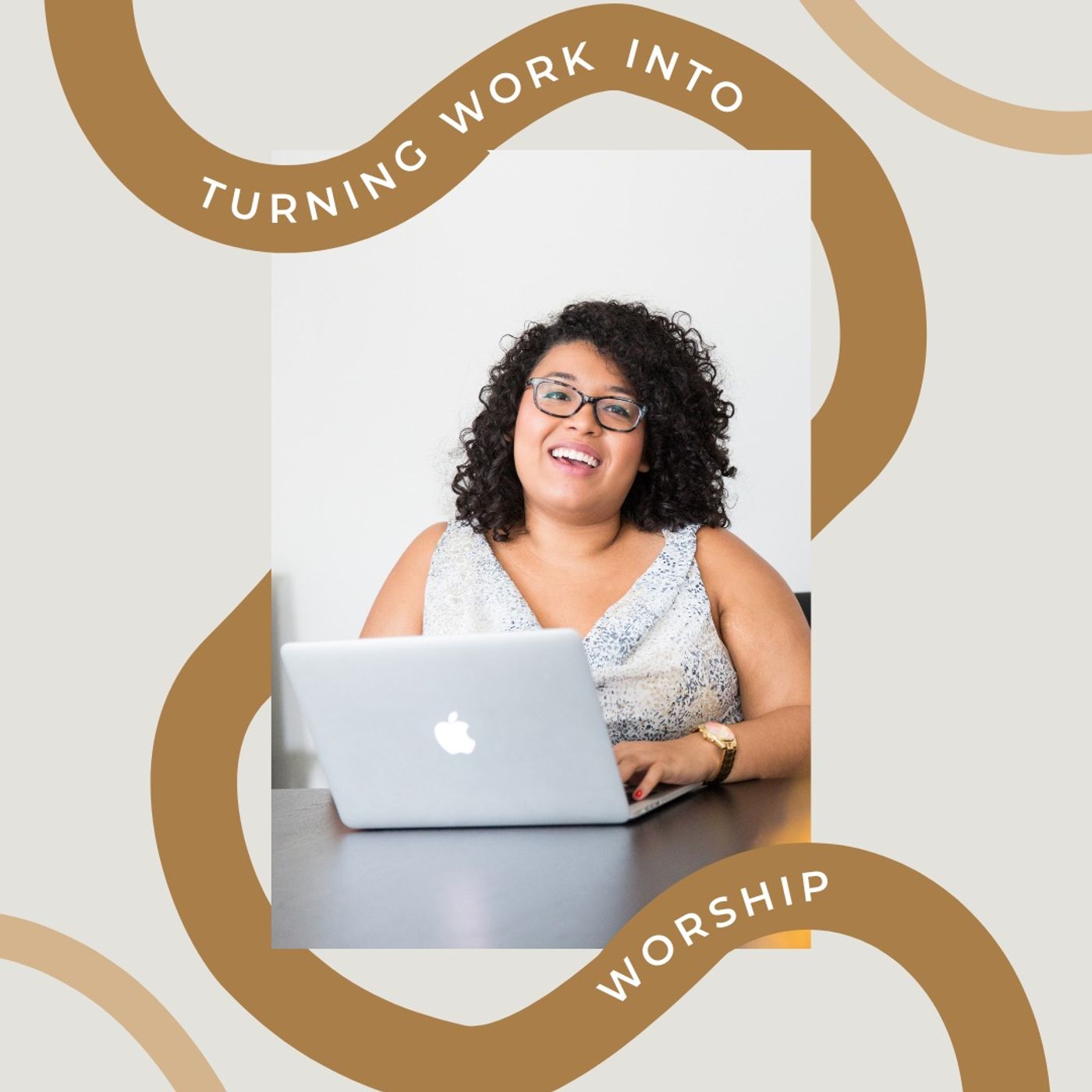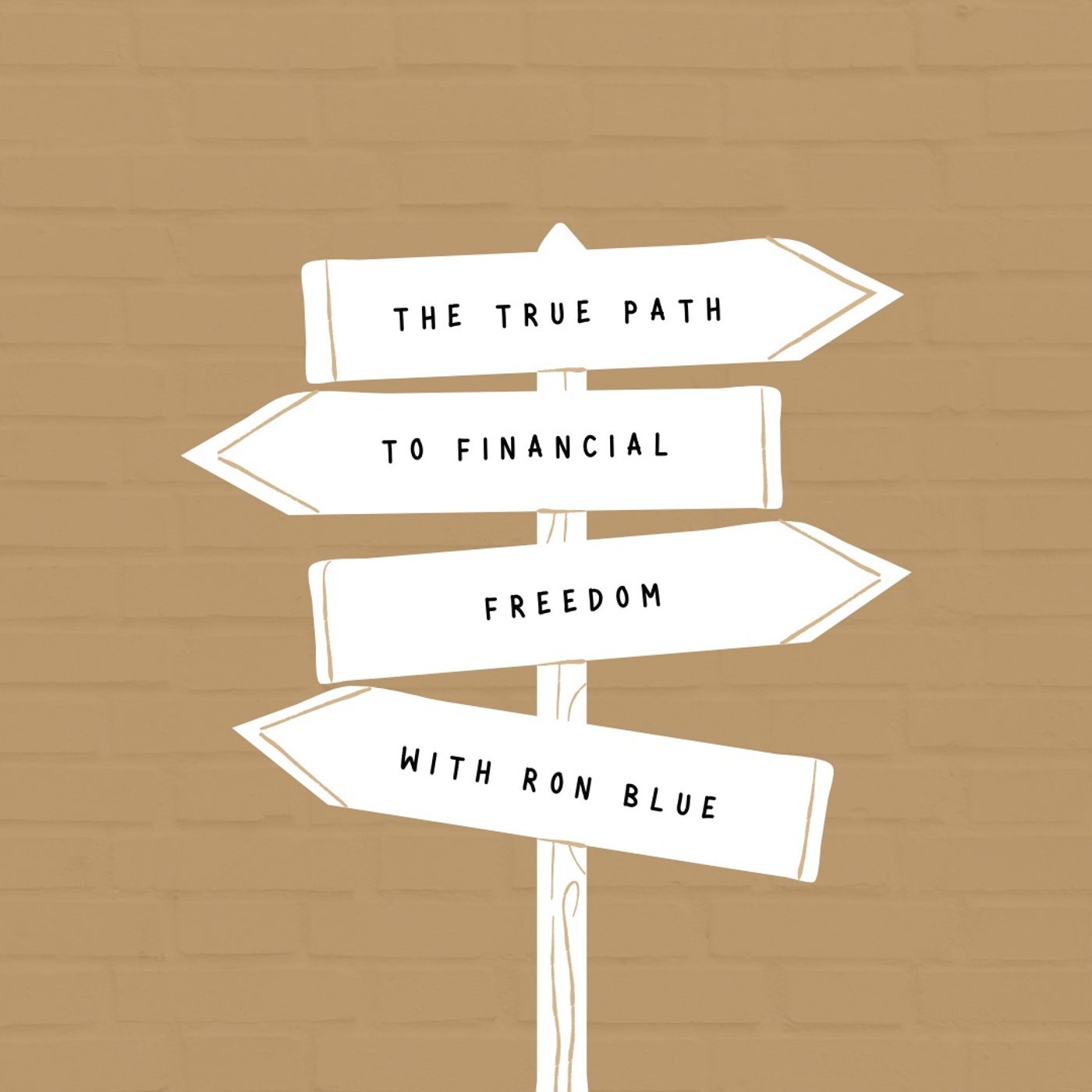Year-End Tax Tips with Kevin Cross
Faith & Finance with Rob West
Did you hear about the guy who paid his taxes to the IRS with a smile? It didn’t work out, though—it turns out they prefer money. Well, paying taxes is certainly no laughing matter, and we don’t want to miss something that could end up costing us money. Fortunately, Kevin Cross is here today with a list of year-end tax tips you don’t want to miss. Kevin Cross is a Certified Public Accountant (CPA) who has headed CPA firms in Florida and now Georgia. He has studied the tax code extensively and specializes in representing taxpayers before the IRS.

Show Notes
Did you hear about the guy who paid his taxes to the IRS with a smile? It didn’t work out, though—it turns out they prefer money.
Well, paying taxes is certainly no laughing matter, and we don’t want to miss something that could end up costing us money. Fortunately, Kevin Cross is here today with a list of year-end tax tips you don’t want to miss.
Kevin Cross is a Certified Public Accountant (CPA) who has headed CPA firms in Florida and now Georgia. He has studied the tax code extensively and specializes in representing taxpayers before the IRS.2024 Year-End Tax Strategies
As the end of 2024 draws near, these are some critical financial moves that can help you maximize your tax savings:
1. Review Withholding and Estimated Payments
The first step in year-end tax prep is to check how much you’ve paid in taxes this year. Avoid underpaying (which leads to penalties) or overpaying (which gives the government an interest-free loan on your money). For those behind on withholding, consider adjusting your remaining paychecks to make up the difference.
2. Max Out Retirement Contributions
Contributing to a retirement account like a 401(k) or IRA is one of the best ways to lower your taxable income. For high-income earners, consider a “backdoor Roth IRA”—a strategy involving non-deductible IRA contributions converted to a Roth IRA, providing tax-free growth.
3. Optimize Charitable Contributions
Charitable giving is a powerful tax strategy, especially if you bundle multiple years of contributions. By “bunching” donations, you may surpass the standard deduction threshold, allowing you to itemize and benefit from your generosity. A donor-advised fund (DAF) can streamline this process, allowing you to make a large donation this year and distribute it to charities over time.You Might Also Like

January 15, 2026
Turning Work Into Worship
Work doesn’t always feel meaningful. Some days it’s routine, exhausting, or unnoticed. But Rob West reminds us that Scri...

January 15, 2026
The True Path to Financial Freedom with Ron Blue
Everyone wants financial freedom. But for many of us, freedom gets defined by “more”—more income, more margin, more accu...

January 14, 2026
How a DAF Can Transform Your Generosity
A donor-advised fund is one of the most powerful tools for intentional, joyful generosity. Rob West explains the why's a...